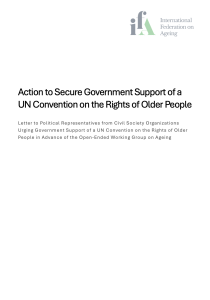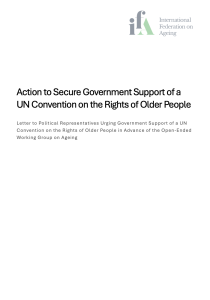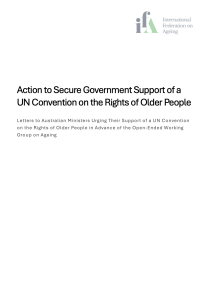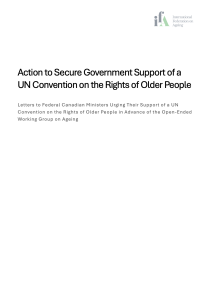United Nations
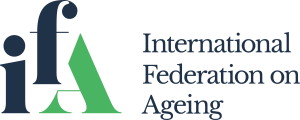 The IFA began operations in 1973 at a time when governments and civil society around the world were only beginning to understand population ageing trends. The IFA was one of the first organizations to call for a World Assembly on Ageing, and after the first was held in Vienna in 1982, the IFA emerged as an NGO with a strong voice for older people at the United Nations (UN).
The IFA began operations in 1973 at a time when governments and civil society around the world were only beginning to understand population ageing trends. The IFA was one of the first organizations to call for a World Assembly on Ageing, and after the first was held in Vienna in 1982, the IFA emerged as an NGO with a strong voice for older people at the United Nations (UN).
At the second World Assembly on Ageing, held in Madrid in 2002, IFA’s main UN representative at the time, Ms Helen Hamlin, worked together with other representatives and members of civil society to inform the development and adoption of the UN Madrid International Plan of Action on Ageing (MIPAA). This marked a turning point in how the world addressed the challenge of building a society for all ages.
IFA obtained General Consultative status with the UN Economic and Social Council (ECOSOC) in 1995 and has formal working relations with several UN agencies, including the World Health Organization (WHO).
Under ECOSOC resolution 1996/31, NGOs in general and special consultative status with the Economic and Social Council must submit to the Committee on NGOs, a brief report of their activities every 4 years, known as the quadrennial report, which includes information about contributions of the NGO to the work of the United Nations. The quadrennial review presents an opportunity for IFA to inform Member States about our activities in support of the United Nations, and at the same time, receive feedback from Member States on their programme of work as well as an official acknowledgement of their contribution as partners in development.
IFA has been deeply involved in the drafting of key initiatives at the UN, perhaps most notably, the UN Principles for Older Persons, advocating vigorously for older persons to be recognized in the UN Sustainable Development Goals and projecting and maintaining a strong voice on how best to protect the human rights of older persons globally.
A major focus in recent times has been supporting the agenda for a UN Convention on the Rights of Older People to protect the human rights of older persons. Significant and ongoing work must be done to inform and educate all governments as well as civil society around the world of discrimination based on age that older people face every single day.
As a response to the growing global threat of inequity, the Open-Ended Working Group on Ageing (OEWGA) was established by the General Assembly by resolution 65/182 on 21 December 2010. The working group considers the existing international framework of the human rights of older persons, identifying possible gaps and determining how best to address them, including by considering, as appropriate, the feasibility of further instruments and measures.
At the United Nations, our team is a thoughtful group of professionals that are respected for their commitment and ‘ready for action’ philosophy. We now have representatives in New York, Vienna and are expanding in Geneva.
Dr Stuen, Dr Levy, Mr O’Neal, Dr Timmerman, Ms Zainoeddin, Ms Berg (in New York), Dr Fitzgerald and Dr Scheil-Adlung (in Geneva) and Ms Stark (in Vienna) are tireless in their representation and advocacy at the missions, capitals and across sectors.
The IFA featured at side events, provided oral and written statements at Sessions of the UN Commission for Social Development; is on the executive of the NGO Stakeholder Group in the deliberations of the UN SDGs; represented at the UN High Political Forum on Sustainable Development, and at Session of the UN Open-ended Working Group on Ageing. Just to note a few …
To prepare for these events, the UN Representatives work with the IFA Secretariat and other stakeholders to prepare statements and papers, meet with Permanent Missions of Member States, organize panel discussions, develop talking points, and network with influencers who might have interest in joining the efforts to call attention to ageing.
Open-ended Working Group on Ageing: Campaigners across the world call on governments to start drafting a UN convention on the rights of older people
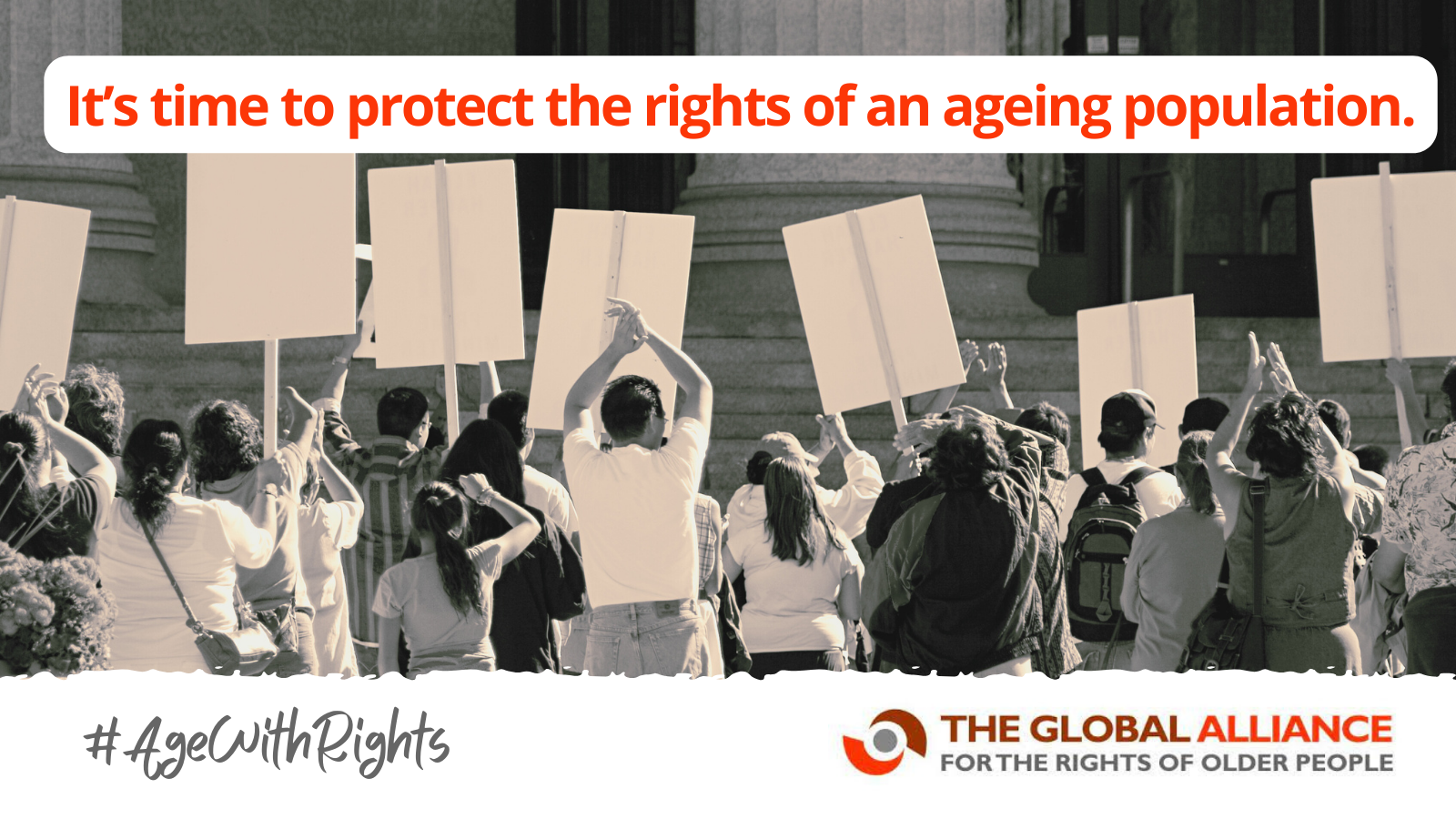
Meeting on an annual basis at the Open-Ended Working Group on Ageing (OEWGA), UN Member States, National Human Rights Institutions (NHRIs), and Non-Governmental Organizations (NGOs) come together to consider the existing international framework of the human rights of older persons and identify possible gaps and how to best address them, including by considering the feasibility of further legal instruments and measures. In previous meetings, attendees have heard compelling evidence on why a Convention on the Rights of Older Persons is needed.
From 8 to 14 April 2024, campaigners (that means all of us!) from around the world will gather for a ‘Global Rally’ on the rights of older people. Their message for governments convening in May for the UN Open-Ended Working Group on Ageing is “It’s time to start drafting a convention on the rights of older people.”
To alert governments of the global call for a convention the IFA has created a background document with more information on the Open-Ended Working Group and letters to assist human rights advocates in contacting their political representatives:
Generic Letter to Political Representatives
Letters to Australian Federal Ministers
Letters to Canadian Federal Ministers
Contact Senior Policy and Project Coordinator Cera Cruise (ccruise@ifa.ngo) should you have any questions.

